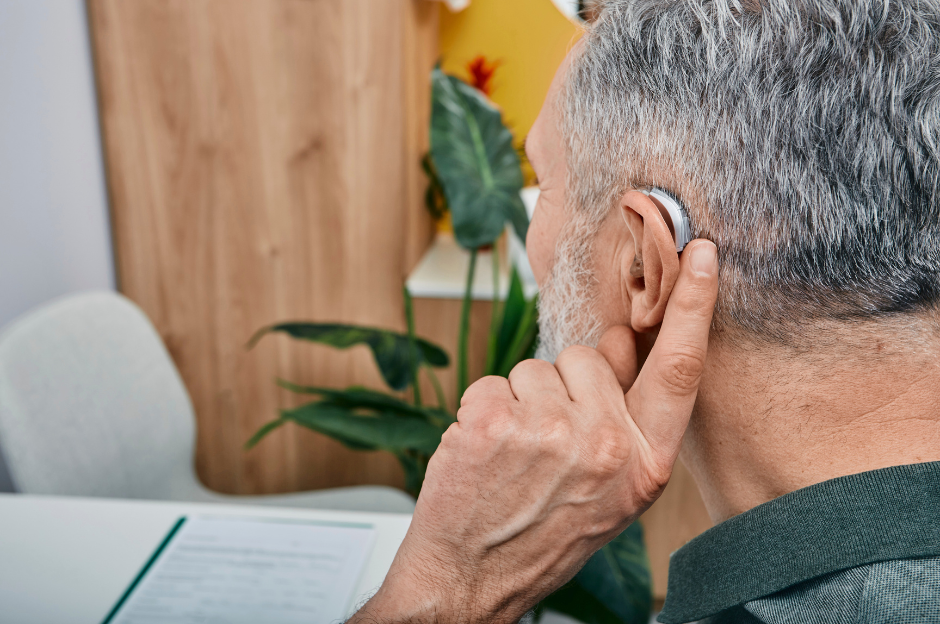Hearing loss is a common challenge we face as we age. Age-related progressive hearing loss is also known as “Senile hearing loss.” It can significantly impact our quality of life, affecting communication, social interactions, and overall well-being.
This article discusses viable tips to help older adults navigate the challenges associated with hearing impairment.
Regular Hearing Check-ups
The first step in managing hearing loss is early detection. We should ensure regular hearing check-ups in old age, even if we haven’t noticed significant hearing issues. Audiologists can conduct thorough assessments to identify the extent of hearing loss and recommend appropriate solutions.
Wear Hearing Aids
Modern hearing aids are designed to improve hearing in senile hearing loss without increasing the background noise. These devices can amplify sounds, making it easier for individuals to engage in conversations and participate in various activities. Regular maintenance and adjustments ensure optimal performance. Thus, we should explore and use hearing aids if a healthcare professional recommends them.
Create Hearing-Friendly Environments
Minor environmental adjustments can significantly improve communication for us struggling with age-related hearing loss. We can minimize background noise during conversations by choosing quieter settings and positioning ourselves in well-lit areas for better visual cues. Moreover, using visual aids like subtitles on TV or captions during video calls can enhance comprehension.
Encourage Communication Strategies
We should express our communication preferences to friends and family without worrying about being judged. It may include facing each other during conversations, speaking clearly and at a moderate pace, and rephrasing rather than repeating if misunderstood. Using gestures and facial expressions can also aid in conveying meaning.
Stay Socially Active
Hearing loss can sometimes lead to social isolation if individuals feel disconnected due to communication difficulties. To overcome this, we should stay socially active by participating in group activities, clubs, or events tailored for those with hearing impairments. These environments often provide understanding and support, reducing the sense of isolation and promoting mental well-being.
Manage Coexisting Health Conditions
Hearing loss in the elderly is sometimes associated with other health conditions like hypertension (high blood pressure) and diabetes. Thus, we should manage any coexisting issues that may exacerbate hearing impairment in old age.
Pro tip: The Unified Caring Association (UCA) has provided a hearing test to analyze a person’s ability to perceive speech-in-noise, indicating whether there may be possible hearing loss. This test is conducted on a mobile phone app.
Take Home
Managing hearing loss in older adults requires a holistic approach, including regular check-ups, hearing aids, environmental adjustments, and social support. By implementing these tips, we can lead more fulfilling lives, stay connected with loved ones, and actively participate in the world around them. Moreover, UCA provides an online hearing test app that can help in the early detection of senile hearing loss.

